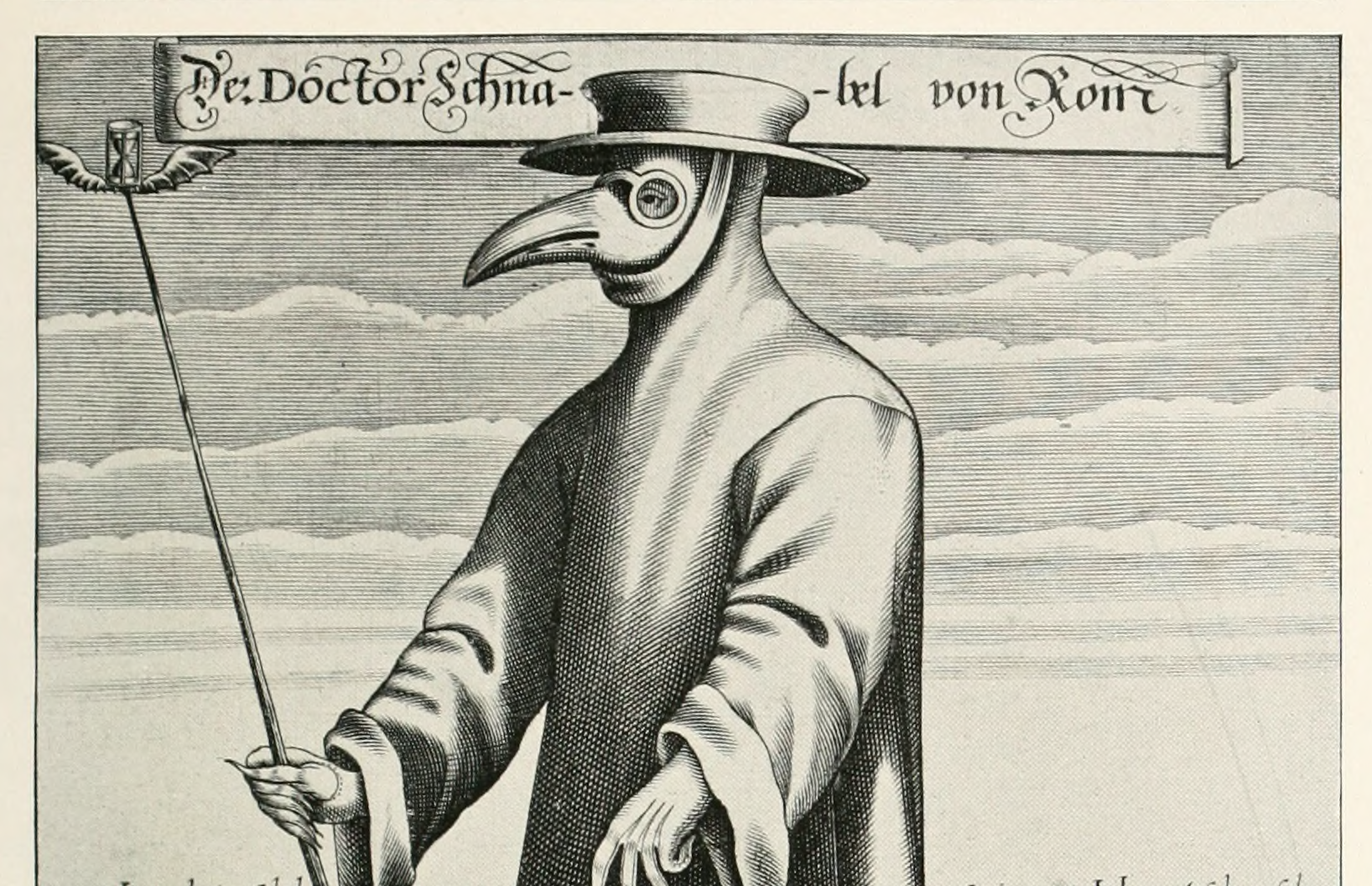
In the mid-1300's, the black plague killed millions, wiping out an estimated 30-60 percent of the European population. Now, a bioarchaeologist has found another surprising outcome: women got shorter after the plague.
Sharon DeWitte, from the University of South Carolina studied and measured the bones of Europeans before and after the bubonic plague and, as she writes in the American Journal of Human Biology, found that women got shorter on average.
You can learn a lot by looking at bones. For example, you can tell someone's general age by looking at their teeth. Children have baby teeth, with adult teeth still inside their heads, and all molars should have grown in by age 18. If the end cap to arm and leg bones, called "epiphsis," is completely fused to their respective humeri and femurs, that means they are done growing. DeWitte compared the canine teeth and shin bones of pre-plague women with post-plague women while controlling for age, and found that pre-plague women's leg bones were longer.
After the plague, the European population became healthier on average. With fewer people to feed, there was more food to go around, and fewer people competing for jobs, meaning workers were paid better. (However, DeWitte notes to Forbes that the Black Death was in no way a blessing; tragic deaths and lasting psychological trauma should not be forgotten.)
Still, with a healthier population having more access to food, one would think that people would get taller. If you have enough to eat in your youth, you have nutrients to develop long, strong bones before your growth plates fuse. While genetics plays a role, your nutrition habits pre-puberty also affect your maximum height.
But DeWitte offers another hypothesis: early puberty.
Pediatricians have noticed that, as the population has gotten heavier, girls are hitting puberty sooner. That's because your fat ratio is directly linked to hormones and fertility. So, modern American children are experiencing the effects of puberty earlier than their predecessors—as did post-plague girls, because of their more nutritious diets.
Hungry pre-plague girls may have had less nutrition to grow healthy bones, but they likely had more time to do it before their growth plates fused. DeWitte explains that this early-puberty theory is only one of her hypotheses; another idea is that, maybe, men just had better access to food. Or, perhaps the people who grew taller (and unconsciously dedicated more of their nutrition to bone growth) were more likely to die during the plague.
The human body is complicated, and it's sometimes hard to understand the intersections of genetics, epigenetics, nutrition, stress, and hormones on growth. This study demonstrates that sometimes, height can surprise us.
Uncommon Knowledge
Newsweek is committed to challenging conventional wisdom and finding connections in the search for common ground.
Newsweek is committed to challenging conventional wisdom and finding connections in the search for common ground.
About the writer
Kristin is a science journalist in New York who has lived in DC, Boston, LA, and the SF Bay Area. ... Read more
To read how Newsweek uses AI as a newsroom tool, Click here.








